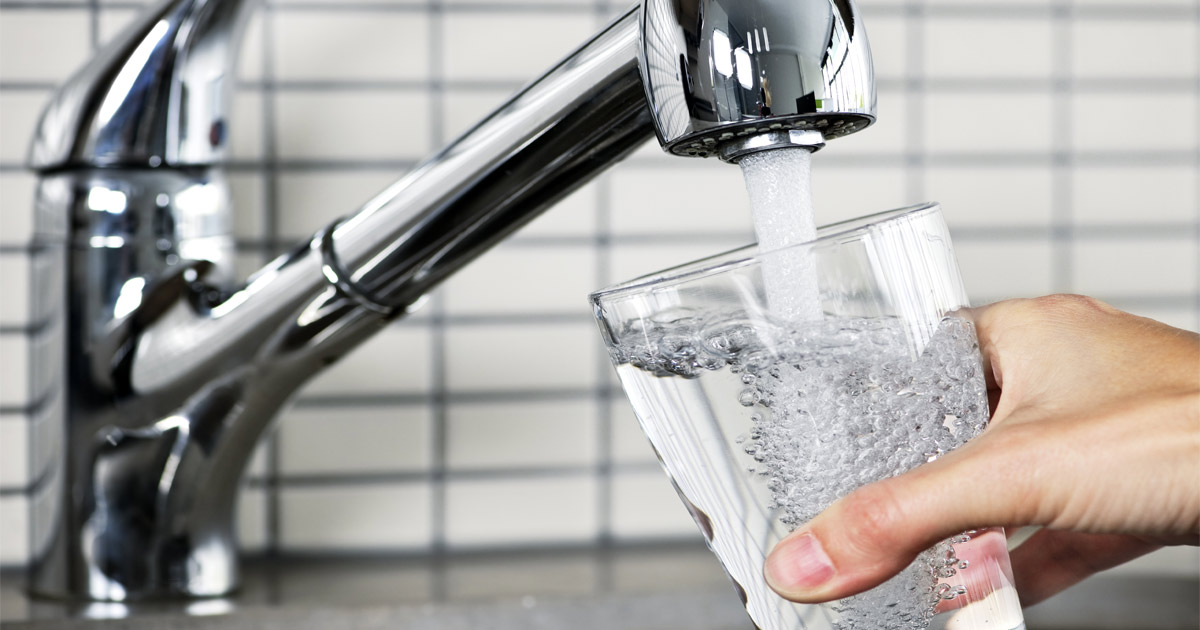MENU
- Home
- Overview
- Attorneys
- Practice Areas
- Firm News
- Blog
- Contact

Governor Carney has introduced the 2020 Clean Water Bill in an effort to ensure that all Delaware residents have access to clean drinking water. The proposed legislation would also establish the Clean Water Trust, which would receive $50 million in funding from Delaware’s 2021 Bond Bill. The funds are specifically earmarked for projects that would support efforts to improve the quality of Delaware’s water supply and waterways. Proponents of the bill anticipate that it will improve water quality throughout the state, especially in rural communities with wells and septic systems.
Water contamination can lead to serious health problems, including gastrointestinal illnesses, cancer, and neurological disorders. Contaminated water not only affects drinking water but also waterways, as well as the local flora and fauna. Therefore, even though someone does not drink contaminated water, they still may become sick from consuming fish that lived in the water. Although several federal and state laws exist to prevent water contamination, it remains a critical health concern in Delaware.
According to the language of the proposed Clean Water Bill, many of the state’s waters do not meet water quality standards pertaining to their designated uses, such as drinking, swimming, or supporting aquatic life.
Residents with contaminated wells and septic systems from stormwater runoff are at risk of getting sick from continuous exposure to the contaminated water. The executive director of the Delaware Rural Water Association emphasizes the importance of the Clean Water Trust for these communities which may not have adequate resources to support their infrastructure needs or maintain compliance with relevant laws.
The bill’s supporters note that the Clean Water Trust will further help Delawareans by:
Funds from Delaware’s Clean Water Trust will be used for projects that promote these objectives and will be overseen by an Oversight Committee. In deciding how to allocate funds, the Committee will receive recommendations from the Water Infrastructure Advisory Council, the county Conservation Districts, relevant experts from Cabinet agencies, and the general public.
Those who become ill from consuming contaminated groundwater may be entitled to compensation for their injuries from the companies or government entities who violated federal law pertaining to environmental toxins, such as the Clean Water Act and the Safe Drinking Water Act. Those who suspect that their groundwater is contaminated should seek medical attention, report it to the EPA, and contact an attorney as soon as possible.
If you were harmed due to contaminated drinking water, contact one of our Delaware environmental lawyers at Jacobs & Crumplar, P.A. immediately. We will fight to get you the maximum compensation from those responsible for your toxic exposure-related illness. For a free consultation, contact us online or call us at 302-656-5445. From our offices in Wilmington and Millsboro, Delaware, we serve clients in Dover, New Castle County, and Sussex County.